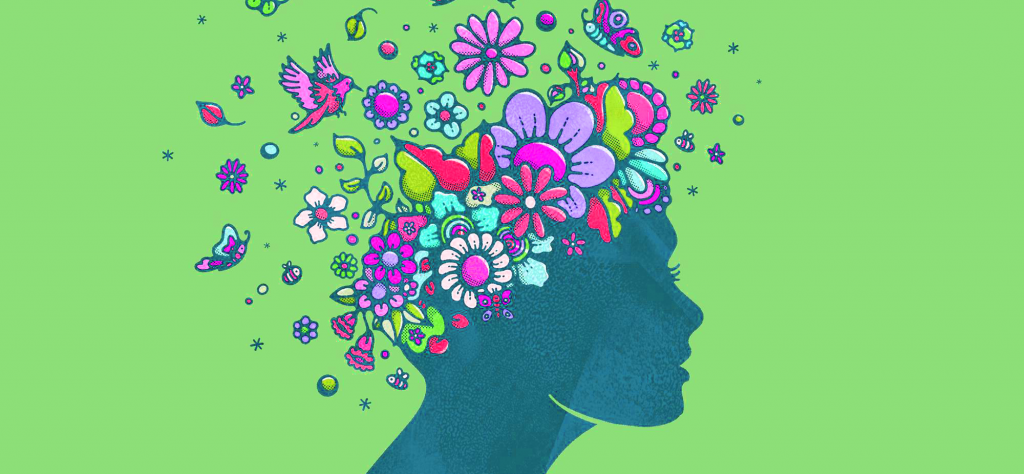
A couple of days ago I wandered over to the café which is just a short stroll up the road from my house. I ordered my usual double-shot espresso and then moved off to the side to wait for my name to be called. I frequently enjoy these short interludes when I can simply observe the busy hum of the early-morning activity.
The Particularity of Mr. Hakimana
As I was waiting, I found myself tuned in to the conversation the barrister was having with one of the other waiters. The barrister was explaining an order that had just been placed.
“Now Mr Hakimana only likes a small amount of milk [indicating a little gap with her index finger and thumb] and he likes it in a separate cup so he can add it himself. He also likes his muffin warmed for just 20 seconds and he prefers the butter and relish to be served on a different plate with the knife on the butter and relish plate, not the muffin plate.”
The barrister smiled, shrugged, and ended with, “He’s a very particular person.”
I can remember being intrigued by the wonderfully specific details that were needed to successfully deliver this chap’s order, but what really captured my attention was the statement about being a “very particular” person. Without even realizing I had become so engrossed in the description, I found myself thinking, “Yes, he is a very particular person. Just like all of us.”
The Particularity of Everyone
It occurred to me that we are all “particular” in our own ways. Very particular in fact. Some people are very particular about the way their hair is positioned, while others are more particular about how much alcohol they drink on a weeknight, whether or not they can run six miles in under an hour, or which sock they put on first.
People might be particular about the pets they have, the meals they serve at Thanksgiving, or how they arrange their clothes on the washing line. It turns out that the way sweets are arranged in a jar is also a thing in which some people take a particular interest.
Individuals can even be particular about having nothing, in particular, to be particular about. These people can be exceedingly difficult to coax an opinion or preference out of about anything. They’re just particular about going with the flow and not making waves.
We are, in fact, designed to be particular. We’re not designed to be particular about specific things. We’re just built to create and protect a prolific bunch of particulars.
Everyone has preferences. We actually have preferences about lots of different things. We have different preferences about different things: I like to go running before the sun gets up, whereas my friend John likes to go sailing before the sun goes down.
We can also have the same preference for different things. My wife likes her Lady Grey tea to be piping hot, which is how I like my sizzling Chinese garlic shrimp served. And, people can have different preferences for the same thing. I like my steak cooked “blue,” whereas my sister will only eat steak that is cooked “well done.”
Everyone’s preferences differ to a greater or lesser extent. It’s remarkable, really, that we get along as well as we do as often as we do. There are certainly skirmishes, mishaps, and misunderstandings, and tragic interpersonal conflicts, but these are generally not the order of the day.
That’s probably why they grab the spotlight when they do occur. Thankfully, they are not commonplace. Have you ever stopped to think about the kaleidoscopic variety of particulars swarming around your workplace, your study group, or your tennis club every time there’s a gathering?
The Importance of Respecting People’s Particularities
For the most part, we’re pretty good at finding ways to protect our particulars, while also not interfering unnecessarily with others’ efforts to look after their particulars. Mostly we don’t even notice we’re doing it. When kerfuffles do occur, it doesn’t necessarily mean that there’s anything wrong with the people concerned. People with different ideas about the particular way things should be are, for the most part, not sick or broken or otherwise in need of fixing.
Differences in the way we like things to be are just part of the way life is. Spending time convincing, cajoling, coercing, or otherwise persuading people to alter their preferences often increases rather than diminishes the unrest.
Time could possibly be spent more usefully finding out the significance of the state of any particular particular and how it contributes to a life worth living. Places that have somehow found ways for people to enjoy the particular particulars that are on their minds throughout the day are the best places to frequent. It will be a marvelous day when every place is that kind of place.
